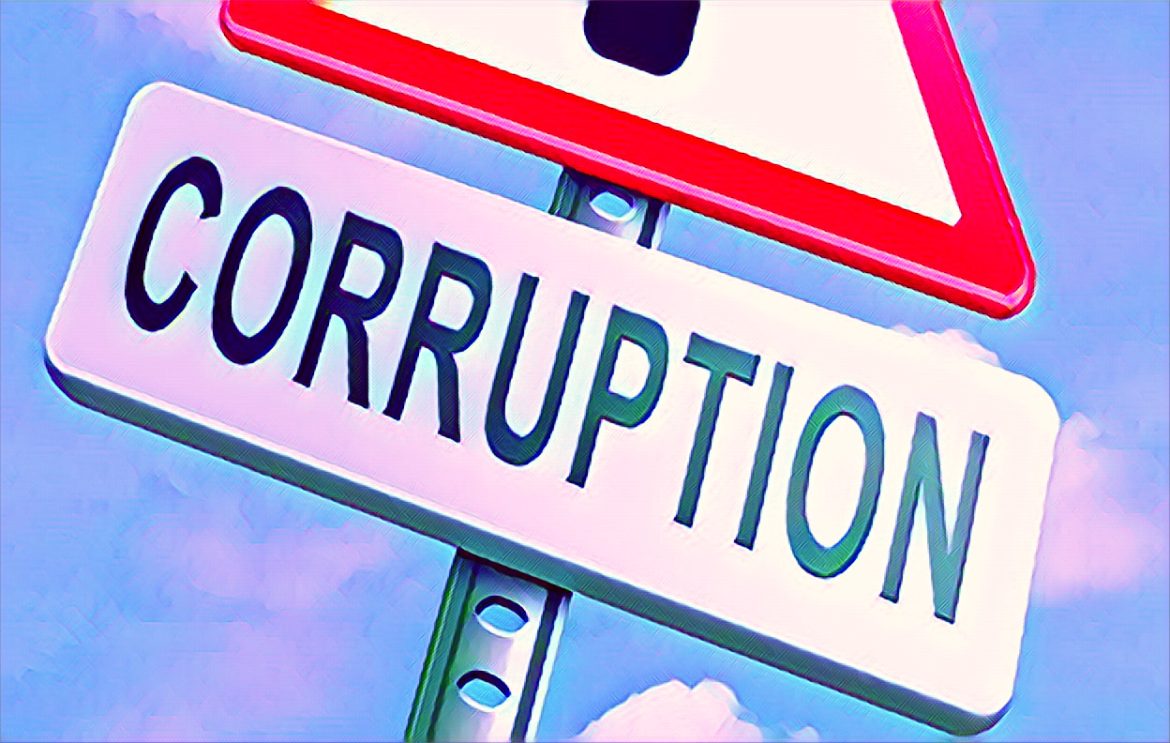KEY POINTS
- Corruption could cost Nigeria up to 37 percent of its GDP by 2030.
- Misallocation of public funds leads to higher personal expenses for essential services.
- Corruption deters foreign investment, stifling economic growth and inflating prices.
ChatGPT said:
The widespread existence of corruption permeates throughout Nigeria’s different sectors and elevates consumer prices for citizens to unaffordable levels.
This spread of corrupt practices creates nationwide impacts which increases living costs and compounds difficulties for Nigerians across their territory.
Economic impact of corruption on Nigeria’s GDP
A comprehensive study by PricewaterhouseCoopers (PwC) highlights the profound economic repercussions of corruption in Nigeria.
The report estimates that if left unaddressed, corruption could cost the country up to 37 percent of its Gross Domestic Product (GDP) by 2030.
This projection translates to approximately $2,000 per citizen, underscoring the substantial financial burden placed on individuals due to corrupt activities.
Escalation of public service costs
The improper distribution of public funds because of corruption causes insufficient infrastructure development, which drives people to spend more money personally.
For instance, the embezzlement of resources earmarked for electricity projects forces many Nigerians to rely on private generators, incurring extra fuel costs.
Similarly, the misappropriation of education sector funds forces parents to choose private schooling even though it costs much higher than public education programs.
Inflation of commodity prices
The practice of public fund diversion and supply chain bribery leads to artificial price increases on commodities.
The demands from corrupt officials force suppliers to pay kickbacks, thus leading suppliers to raise prices to compensate for these financial obligations.
Moreover, this practice affects a wide range of goods, from food items to building materials, making basic necessities less affordable for the average consumer.
Undermining foreign investment and economic growth
Foreign investors avoid making investments, as they believe that corruption creates a risky business setting with both solicitations and unclear operations.
The resistance to invest hinders economic expansion and reduces employment possibilities, which results in elevated unemployment statistics.
Consequently, when competition weakens because of corruption the lack of innovative market players causes prices to rise due to reduced cost pressure.
The vicious cycle of poverty and corruption
Poverty exists in a never-ending loop with corruption.
Fewer public funds become available for anti-poverty programs, when public resources are misused through corrupt activities.
The limited availability of resources intensifies the differences between high and low-income earners, while creating a substantial group of poor people.
The search for survival via corrupt practices among those living in poverty reinforces corruption throughout the community.
Recent developments and ongoing challenges
The country has experienced major developments that reveal how deeply corruption permeates through national affairs over the years.
For instance, the government has initiated a lawsuit against Binance, the world’s largest cryptocurrency exchange, seeking $81.5 billion in economic losses and back taxes.
The legal suit demonstrates the difficulties Nigeria encounters when implementing financial regulation and stopping tax evasion in new sectors.
Additionally, environmental degradation caused by oil spills created a legal conflict when Nigerian communities demanded that companies like Shell should pay for pollution impacts on their income resources.
These occurrences show how corruption costs the environment and imposes heavy economic needs on communities who must conduct cleanup operations.
In conclusion, the reduction of corruption’s root causes through proper intervention will enable Nigeria to manage public funds better, thus delivering improved services and lower costs of living for its people.


